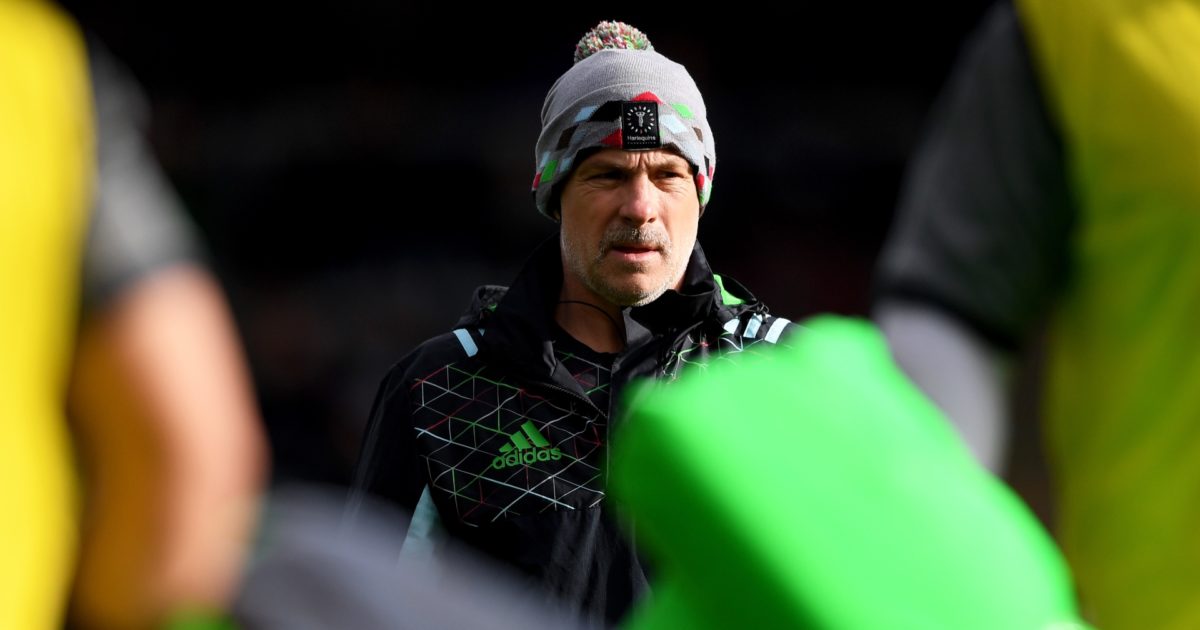The Rugby Football Union (RFU) has officially announced the appointment of Mark Mapletoft as the new England men’s U20 head coach, taking over from Alan Dickens. Mapletoft, who has been serving as an assistant coach with England men’s U18 since 2020, will assume his new role with immediate effect.
During his playing days, Mapletoft showcased his skills as a fullback and fly-half while representing Gloucester Rugby, Harlequins, and London Irish. He even earned a test cap for England in 1997. With a wealth of coaching experience under his belt, Mapletoft has mentored age-grade players extensively. Notably, he served as the National Academy Coach for the RFU from 2007 to 2010 and spent over a decade coaching at Harlequins.
Mapletoft’s first assignment as head coach will be to lead the England squad on their upcoming two-match tour of Georgia.
A recruitment process to fill Mapletoft’s previous position with the England men’s U18 will begin shortly.
Mapletoft said: “I’m very excited to move into the head coach role with England men’s U20. It’s a big responsibility to help shape the young men coming through our pathways programme and one I’ve taken great pride in throughout my career, including when working with many of this squad’s players and those who’ve gone on to play in the England senior team in my previous roles.
“Our focus now is using the tour of Georgia to continue preparing for the World Rugby U20 Championship in South Africa, which will be a valuable development experience for the players, by playing against a big, physical side with a set piece-focus.”
RFU executive director of performance rugby, Conor O’Shea said: “We are delighted Mark will move from his current position with the England men’s U18 squad into the U20 set up. He brings much experience from in and outside England Rugby and provides continuity for our pathways programme during an exciting time as we push on to the World Rugby U20 Championship.
“I’d like to extend my thanks to Alan for his time as England men’s U20 head coach. He’s been a big part of developing our emerging players since 2019, helping many young men grow on and off the pitch during that time. The pathways programme is one for both players and coaches, and we look forward to seeing Alan continue to develop as a coach. We wish him and his family the very best.”
Dickens said he was “very grateful” for his time as head coach of England men’s U20. “The past four years have been an incredibly valuable experience and it has been an honour to have this role.”

























